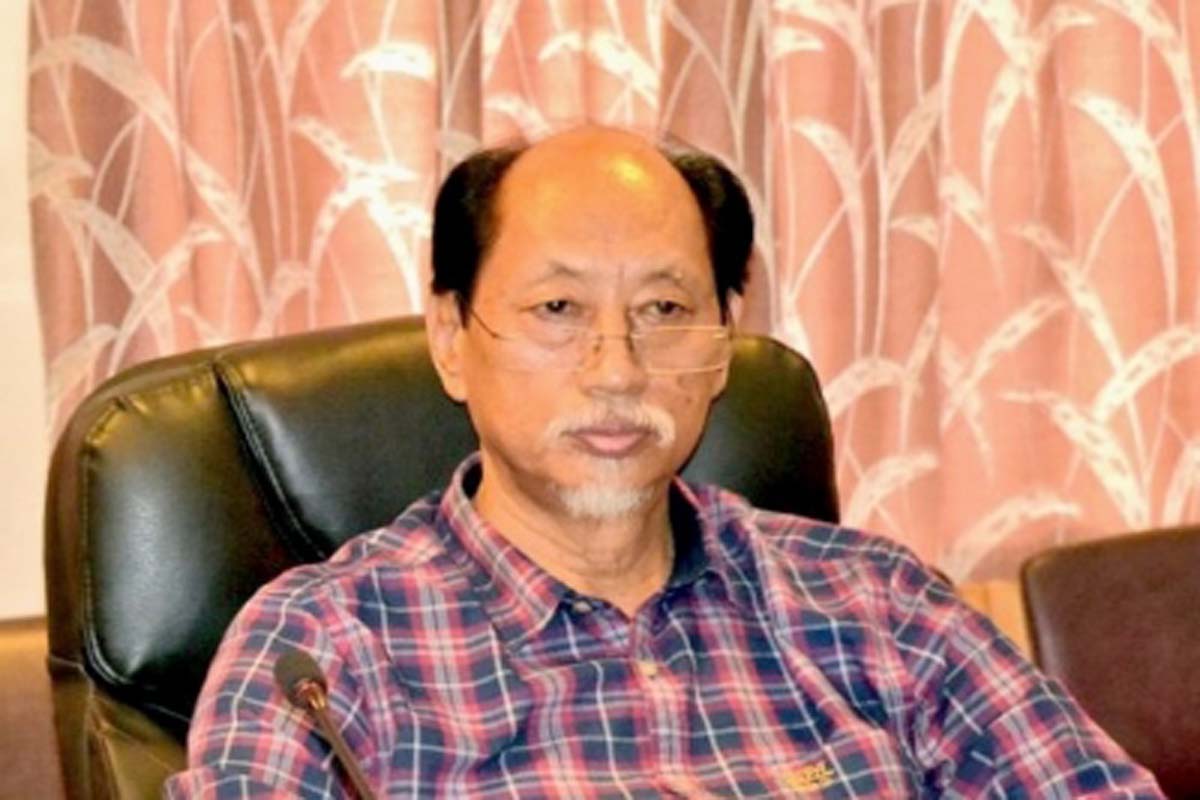The Nagaland government on Wednesday announced that it would not allow the holding of ‘Gau Mahasabha’ and Gau Dhwaj Sthapana Bharat Yatra in Kohima on September 28.
In Christian-majority Nagaland, beef is one of the most common and popular meats consumed by both Naga and non-Nagas in the northeastern state.
Advertisement
Forest, Environment & Climate Change Minister C L John said that the Nagaland Cabinet meeting chaired by Chief Minister Neiphiu Rio on Wednesday decided not to allow the ‘Gau Mahasabha’ in the programme, where Shankaracharya of Jyotirmath, Swami Avimukteshvaranand Saraswati, is scheduled to preside over.
John said that the council of ministers stressed the protection given under Article 371A of the Constitution on the religious and social practices of the Nagas as well as the Naga customary law and procedure.
The Cabinet also noted the opposition against the proposed ‘Gau Mahasabha’ by various civil society organisations and political parties in the state.
The ruling Nationalist Democratic Progressive Party (NDPP), its allies BJP and Naga Peoples’ Front (NPF), and various civil society organisations including the influential Naga Mothers’ Association and Naga Students’ Federation strongly opposed the holding of the ‘Gau Mahasabha’.
“In the interest of maintenance of public order, peace and ethnic harmony, the Cabinet disallowed the holding of the ‘Gau Mahasabha’,” the minister said.
Leaders of various civil societies observed that beef has been part of the popular Naga cuisine for many decades and the government and any other organisation cannot harm the sentiment of the people and the state’s traditions.
BJP State President Benjamin Yepthomi said that it is essential to address such issues in the context of Nagaland’s socio-religious and cultural fabric.











